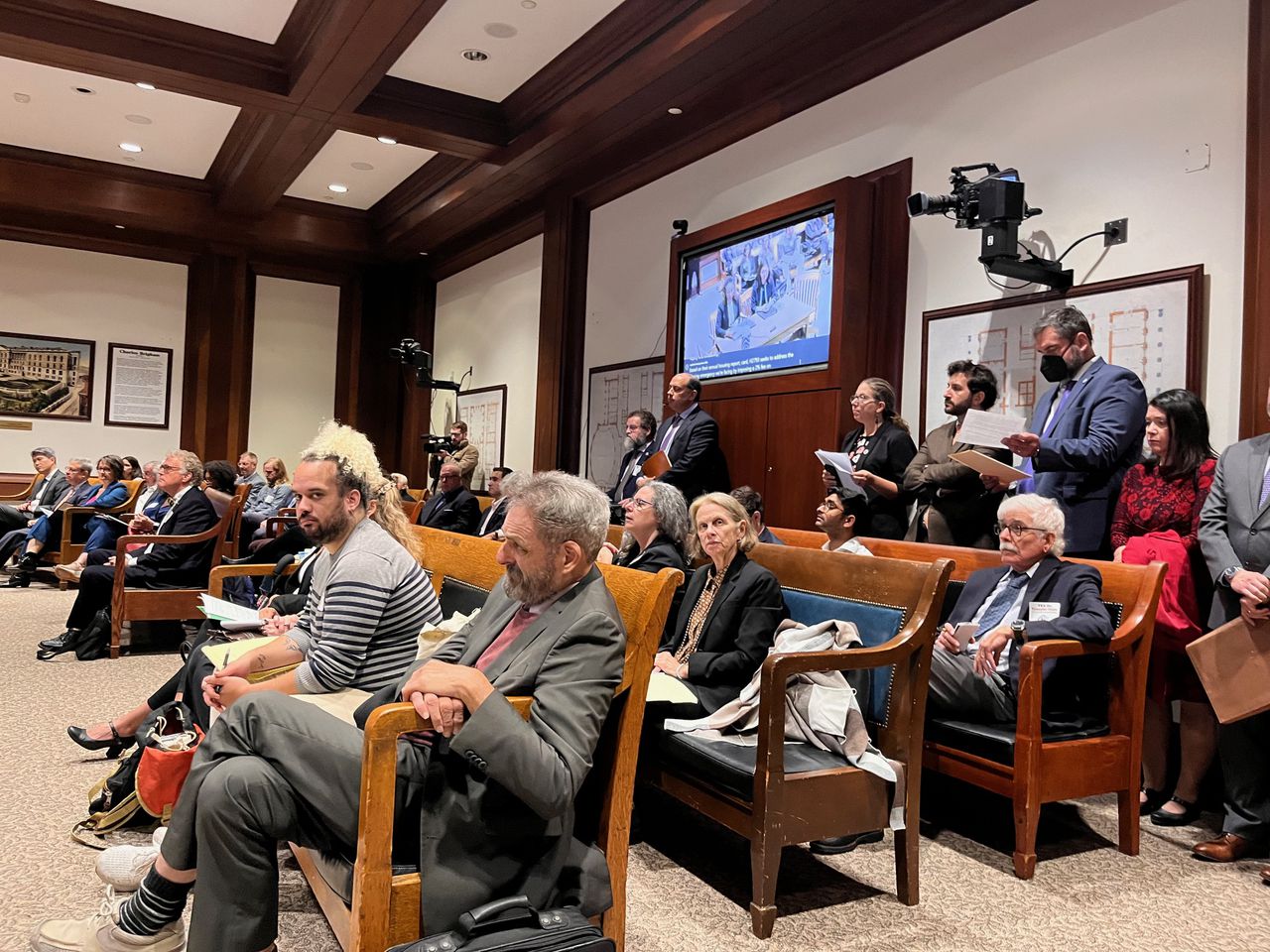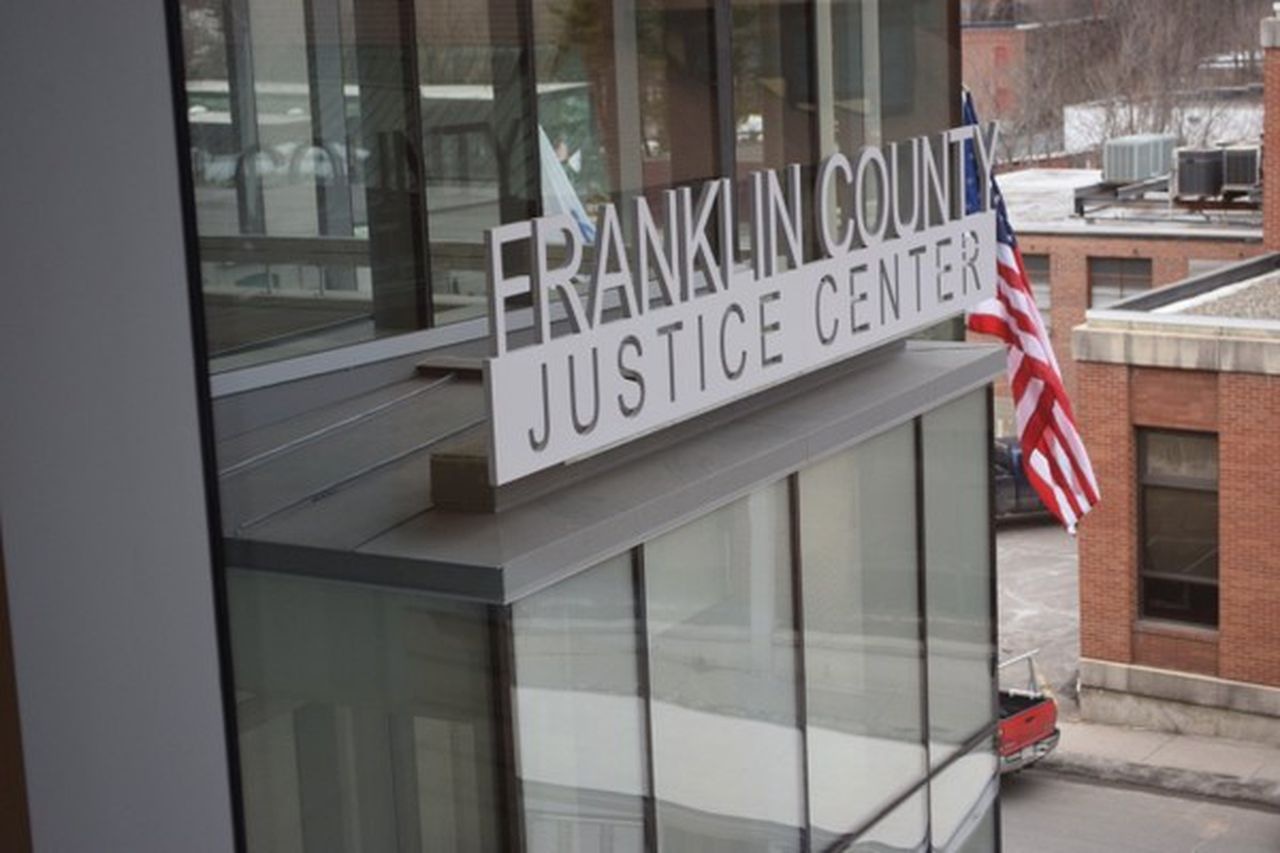The Bay State’s largest city is doing everything it can to address an affordable housing crisis that threatens to drive seniors from their homes and forecloses on the dream of home ownership for too many families — but it can’t do it alone.
That’s the message that Boston Mayor Michelle Wu brought to a joint state House and Senate panel Wednesday as she again pressed the case for legislative authorization of a new citywide fee on real estate transactions of $2 million or more.
Had it been on the books in 2021, the 2% fee, impacting a little more than 700 transactions, would have raised more than $100 million that could have put toward easing the city’s affordable housing crisis, Wu told the Joint Committee on Revenue.
“We’re doing everything we can at the city level, overhauling our zoning code for more housing and more affordability; restructuring our planning department to ensure we’re using every bit of land possible; providing tax incentives for converting offices into residential buildings, and providing downpayment assistance and interest rate subsidies to homebuyers to accelerate wherever we can,” Wu told lawmakers. “But the one powerful tool that remains out of reach without legislative and regulatory approval is the transfer fee.”
Because the city’s request is a home rule petition, it needs the approval of the Legislature and a signature from Gov. Maura Healey, the Boston Globe previously reported.
Democrats who control the General Assembly are facing mounting pressure to put a bill authorizing a transfer fee on Healey’s desk as the entire state — not just Boston — contends with a housing crunch, according to State House News Service.
A tax relief bill that Healey signed into law last week is expected to help, MassLive previously reported. And the Democratic front office is expected to soon deliver a long-awaited housing bond bill to further address the issue.
The joint committee was expected to hear from more than 60 witnesses on Wednesday, including other municipal officials, on the topic of the transfer fee and other legislation.

Spectators pack a hearing room in the Massachusetts State House as a joint legislative committee heard testimony on Wednesday, Oct. 11, 2023, on a bill aimed at addressing the state’s housing crisis (MassLive photo by John L. Micek).
Wu’s testimony before the committee was materially the same as one she made before the panel during last year’s legislative session. The joint committee favorably reported the bill to the full House at the time. Wu appealed Wednesday for a similar result.
The need to address the housing crunch is real, with Massachusetts appearing near the bottom of nationwide ranking lists.
While it finished 11th overall as the best state in the nation in which to live, the commonwealth finished 45th for both its cost of living and its housing affordability in a rankings list compiled by U.S. News & World Report.
During her appearance before the panel, Wu highlighted some of the housing successes the city has seen as it’s spent down its share of federal American Rescue Plan money.
“Last year, the city of Boston permitted more affordable housing units that in the last 25 years,” Wu told lawmakers. “Through these federal funds we created directly created 794 income restricted affordable housing units. And more than 300 new homeowners have been able to purchase their homes because of our housing assistance programs created through this federal funding as well.”
But with that stream soon to run dry, Wu said the city needs an alternative. The transfer fee would provide it.
“The transfer fee is one opportunity that many municipalities are here today to explore, requesting the ability to sustain the action that we’ve been taking for our communities,” Wu said.
State Rep. Brandy Fluker Oakley, D-12th Suffolk, whose district includes Mattapan, and part of Dorchester, emphasized the relief the fee would deliver to seniors, and said it would help close a housing gap that disproportionately impacts the city’s Black and brown residents.
“In my role as state representative, I have seen firsthand the detrimental impact a lack of affordable housing has on Black and brown communities, and the urgency with which we need to find solutions,” she said. “Mattapan the neighborhood from which I grew up and still own a home and today has the highest eviction filing rate in the city of Boston. The need for affordable housing is real.”





